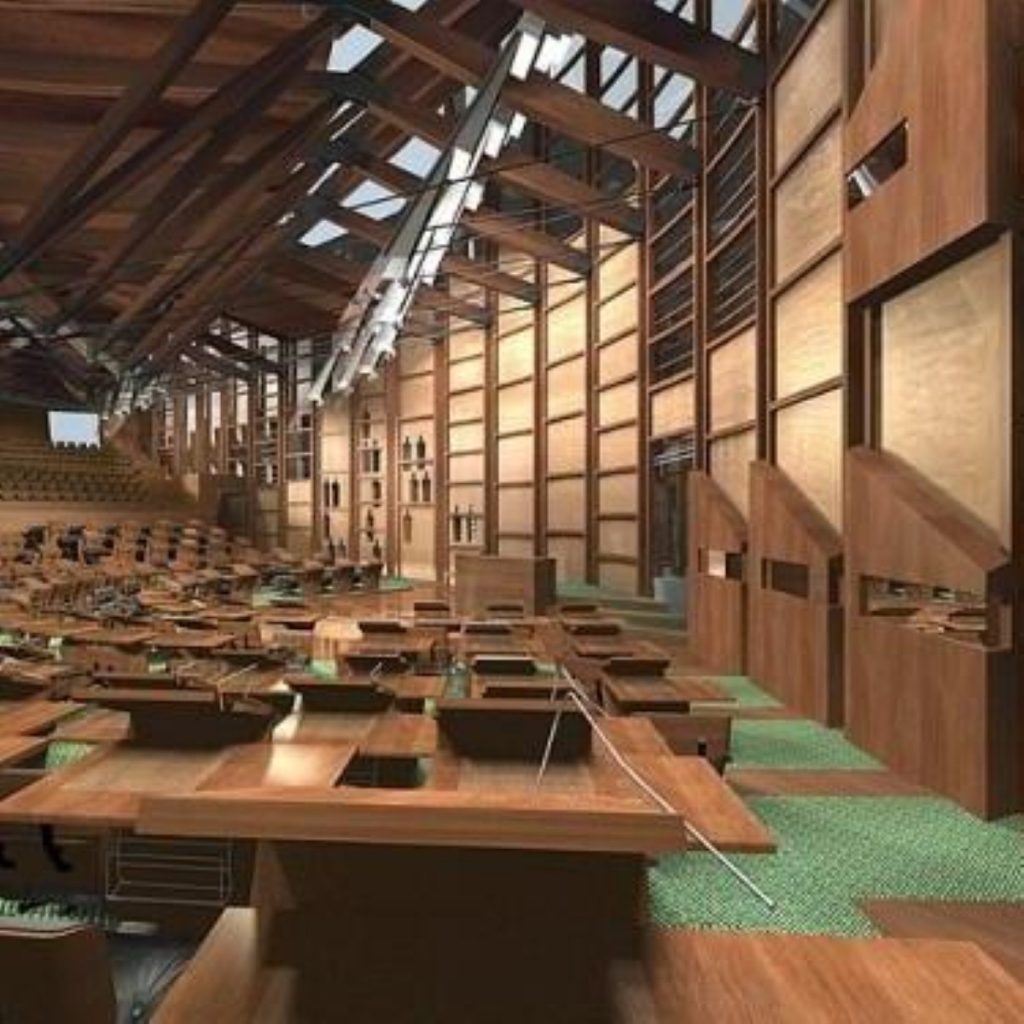Salmond unveils legislative agenda
The SNP will unveil their first legislative programme today, with details of up to 11 bills for the Scottish parliament.
The nationalist government has already unveiled plans to abolish tolls on road bridges and will today set out its wider agenda for Scotland.
Expect among today’s offerings are bills to abolish the graduate endowment fee, increase patient control of the health service and reform the court system to boost rape conviction rates.
Opposition politicians have accused the SNP of falling short of many of their manifesto pledges, but the party maintains many of their ambitions can be realised without legislation.


First minister Alex Salmond said the legislative programme was “hugely ambitious”.
Speaking to BBC Radio 4’s Today programme, he said: “This is a broad, comprehensive programme that certainly gives plenty for parliamentarians to get their teeth into – but more importantly, has plenty that will be supported in the Scottish population as a whole.”
The October spending review is expected to return limited funds for the Scottish executive.
Mr Salmond insisted his government could still do a lot with scarce resources.
He continued: “We will work our way through our programme in a four-year term in the same way as we worked our way through our first 100 day programme.
“You can achieve a great deal in government by competence and direction, by seeking consensus where we can find it, and by having a vision for the future of Scotland – all three aspects which our predecessors lack, which is why we are in government and they’re in opposition.”
Holding 47 seats in the 129 seat chamber, the SNP are working with the Green Party to try and force through its agenda.
However, the two Green MSPs have already taken issue with the SNP’s move to abolish all road charges on the Forth and Tay bridges. They claim this will increase congestion and pollution and worsen climate change.
Patrick Harvie MSP said: “The Green Party has consistently argued that abolishing all charges is not in the long term interests of commuters, and that it flies in the face of the government’s climate change policy.
“Instead smart, flexible charges could give an incentive for car-sharing and public transport; this would have been fairer and more sensible. The government’s policy will result in more congestion for drivers and will hasten damage to the Forth Bridge which so many people depend on.”

